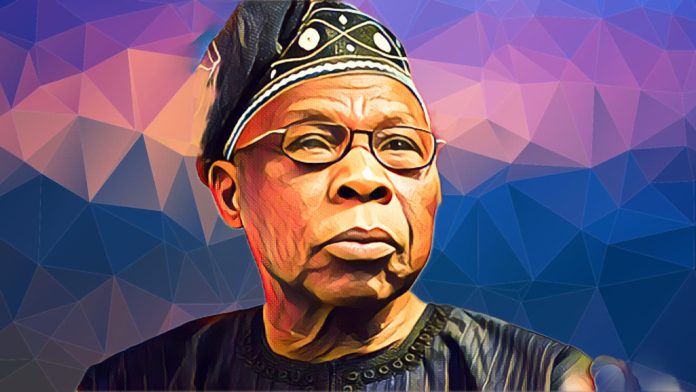Key Points
- Obasanjo accused Nigerian politicians of using public office for personal gain.
- He criticized the Lagos-Calabar Coastal Highway project as wasteful and corrupt.
- He called for an alternative governance model that better suits African realities.
Former President Olusegun Obasanjo has criticized Nigeria’s political leadership, stating that most politicians seek public office not to serve, but to enrich themselves and their associates.
He made this assertion in his newly released book, Nigeria: Past and Future, which was unveiled during his 88th birthday celebration last week.
Politicians prioritizing personal wealth
Obasanjo accused political officeholders of exploiting their positions to accumulate wealth at the country’s expense.
He described many leaders, including governors, ministers, and local government chairpersons, as ill-prepared, self-serving, and corrupt.
“How do you explain a situation where a businessman owing billions in bank loans becomes a governor, and within two years, clears all debts without his company doing any business?” Obasanjo asked.
“It’s easy to guess where the money comes from.”
He further alleged that these politicians seize public resources, distribute small amounts to close associates to silence opposition and leave office with the country worse than they found it.
Criticism of Lagos-Calabar highway project
The former president also condemned the N15.6 trillion Lagos-Calabar Coastal Highway project, calling it wasteful and corrupt.
He criticized the government for awarding the contract to Hitech Construction Company without competitive bidding, linking the deal to President Bola Tinubu’s long-time associate, Gilbert Chagoury.
“The president has ignored widespread protests against this project, which serves as another example of misplaced priorities and corruption,” Obasanjo remarked.
He also denounced the government’s decision to spend N21 billion on a new official residence for Vice President Kashim Shettima, labeling it an extravagant expense amid economic hardship.
Call for a new governance model
Obasanjo argued that Nigeria should rethink its governance system.
He questioned the effectiveness of Western liberal democracy in the country and proposed an African-centered alternative, which he called Afrodemocracy.
“If even the West is complaining about democracy not working well for them, why are we not reassessing its effectiveness in our own context?” he asked.
He advocated for a system rooted in African traditions, history, and values, tailored to address the continent’s unique challenges.



